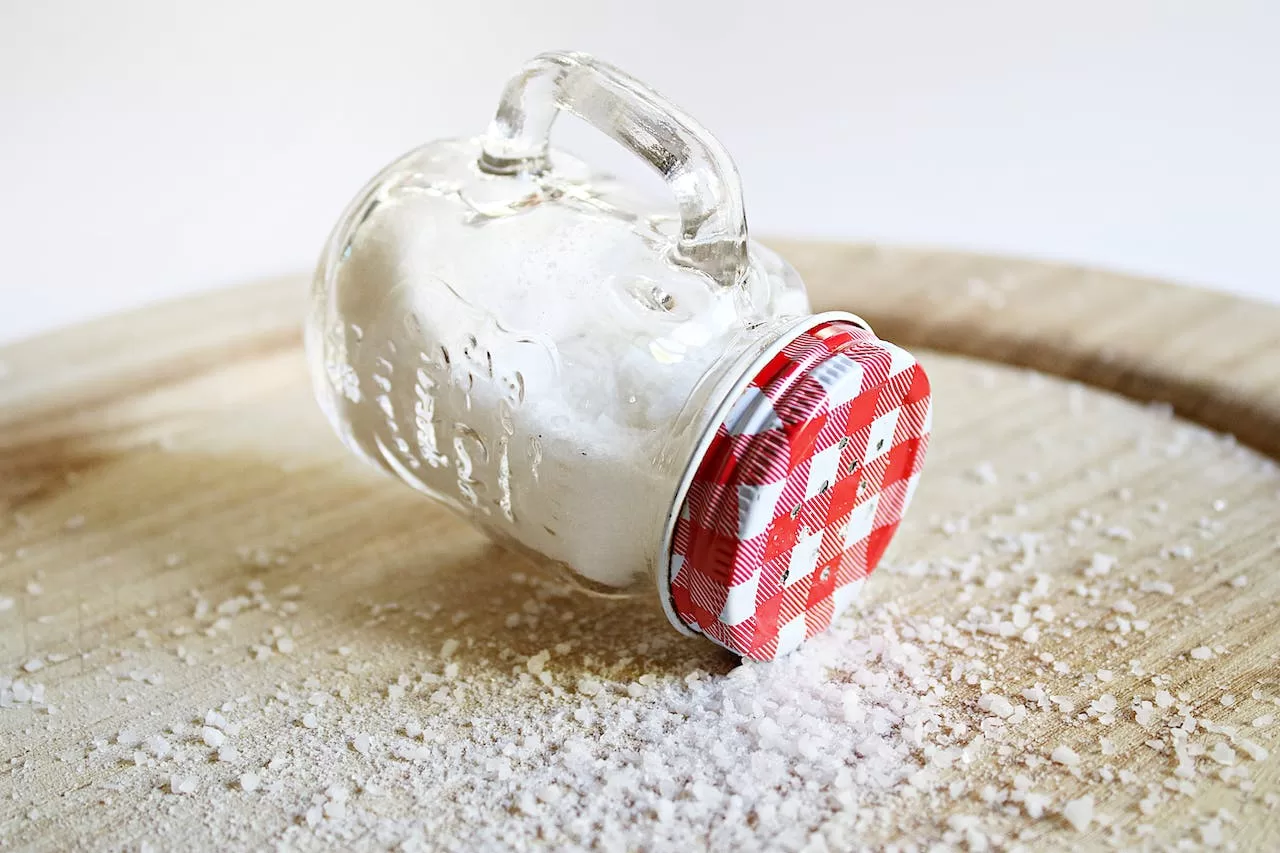Food
Is salt really a new culprit in type 2 diabetes?

Given that salt reduction is a public health goal, it is important to be able to quantify intake to see if there is potential for what is known as a “dose-response” effect. (Pexels Photo)
When people think of foods related to type 2 diabetes, they often think of sugar (even though the evidence for that is still not clear). Now, a new study from the US points the finger at salt.
The study, conducted by researchers at Tulane University in New Orleans, used data on about 400,000 adults, taken from the UK Biobank study. The researchers followed the participants for nearly twelve years. In that time, around 13,000 developed type 2 diabetes.
In a press release, the principal investigator on the study said that “taking the saltshaker off the table can help prevent type 2 diabetes”. But is it really as simple as that?
For a start, this type of study, called an observational study, cannot prove that one thing causes another, only that one thing is related to another. (There could be other factors at play.) So it is not appropriate to say removing the saltshaker “can help prevent”.
My colleague Dan Green and I have previously criticised university press releases such as this as they can lead to misleading news stories. The Tulane study can only suggest an association between salt use and the risk of developing type 2 diabetes – nothing more.
This is before considering the quality of the data itself.
The data used to assess salt use, was based on the simple question: “Do you add salt to your food?” (It specifically excluded salt added in cooking.)
The question the participants in the study answered only had the options: “never/rarely”, “sometimes”, “usually” or “always”. This means it is not possible to estimate from the answers how much salt might be associated with an increased risk of developing type 2 diabetes.
Processed food is the biggest source
Normal salt intake in countries like the UK is about 8g or two teaspoons a day. But about three-quarters of this comes from processed foods. Most of the rest is added during cooking with very little added at the table.
The NHS advises that people should limit their daily salt intake to around 6g. Although people in the UK have reduced their salt intake over the last couple of decades, there is still a way to go.
Given that salt reduction is a public health goal, it is important to be able to quantify intake to see if there is potential for what is known as a “dose-response” effect. The data reported was unable to suggest if consuming 2g of salt a day added at the table increases the risk of developing type 2 diabetes more than consuming, say, 1g a day.
The researchers used other tests of salt intake, including an estimate of how much salt participants lost in their urine over 24 hours. This is the most accurate way to measure sodium or salt intake.
This approach also suggested that higher sodium in the urine was linked to a higher risk of developing type 2 diabetes. However, what participants ate was not considered at all in this analysis. So it is not clear if salt can be directly implicated in increasing a person’s risk of developing type 2 diabetes.
There is some evidence that increasing salt intake, as measured by sodium in urine may be linked to increased levels of the stress hormone cortisol. This has been linked to increased blood pressure and the reduced effectiveness of the hormone insulin.
Insulin normally controls blood glucose levels and is a key part of how type 2 diabetes develops. However, evidence for this mechanism has only been shown in rats.
Reducing salt is still a good idea
What we can be more sure about is that people with type 2 diabetes, who often also have high blood pressure tend to see their blood pressure improve when they consume less salt.
So the take-home message is: using less salt as part of a healthy diet, which is known to reduce the risk of type 2 diabetes, is a good idea.
This study did not show how much we need to reduce our salt intake by, it only suggested a weak association between adding salt to food and risk of developing type 2 diabetes. So it is better to focus on what is known to reduce the risk of developing type 2 diabetes, which is to maintain a healthy weight, be physically active and eat a healthy diet.![]()
Duane Mellor, Lead for Evidence-Based Medicine and Nutrition, Aston Medical School, Aston University
This article is republished from The Conversation under a Creative Commons license. Read the original article.





















